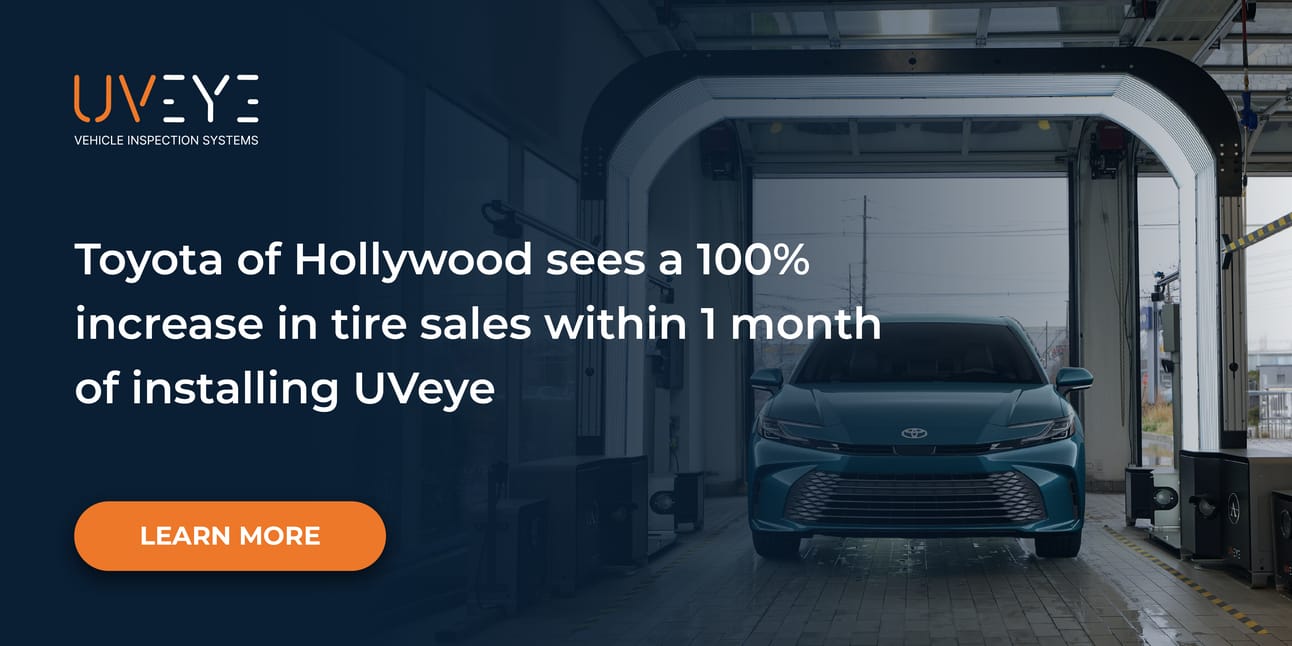
The Biden Administration is expected to propose a ban on automotive software and technology developed by Chinese companies as early as this month.
Why this matters: This would be the latest in a series of moves by the White House to tighten regulations on the car industry’s relationship with China. While some of the government’s concerns are related to economic competition, anxieties over spyware and data privacy are also playing a role.
Driving the news: The proposal will focus on both autonomous vehicles and connected vehicles, according to Reuters, which broke the story early this morning. Here’s what the bill calls for:
Vehicles capable of Level 3 self-driving that use China-made software would be banned under the new legislation. This would also prevent companies from testing such cars on U.S. roads.
Cars sold with wireless communication technology made in China would also be prohibited.
Manufacturers would be required to prove their software was made independently from China or another “foreign entity of concern.”
Between the lines: Last week, the U.S. State Department met with automotive leadership and representatives from other countries to discuss its new plans for restricting software. Leading up to the meeting, government officials had grown increasingly alarmed over the Chinese car industry’s rapid expansion overseas.
Last November, a group of U.S. lawmakers discovered that Chinese companies had conducted 450,000 miles in test drives in California over the course of 12 months.
Transportation Secretary Pete Buttigieg also raised security concerns over autonomous vehicle testing in the U.S. in June.
Meanwhile, the White House has expressed concerns that wireless technology could be used to collect data on U.S. citizens.
Zooming out: While 450,000 miles sounds like a lot, self-driving cars need massive amounts of data to operate. For comparison’s sake, Waymo claims its vehicles have driven 20 million miles.
Bottom line: Currently, there are no Chinese vehicles sold in the U.S., autonomous or otherwise. But even with aggressive tariffs and legislation in place, there’s no guarantee this blockade will last. And while lawmakers continue to debate the issue, international automakers continue to see weaker sales in China as the country’s domestic brands recapture market share.
Become an automotive insider in just 5 minutes.
Get the weekly email that delivers transparent insights into the car market.
Join 73,000 others now, it's free:
How Toyota of Hollywood Doubled Tire Sales
UVeye partners with dealerships across the country to help improve customer satisfaction and unlock new revenue opportunities. Read more about how they helped Toyota of Hollywood increase tire sales by 100% in only one month.
Highlights from the case study:
Tire sales doubled, rising from 1,000 to 2,000 tires sold, showcasing the benefits of UVeye technology.
Alignment sales experienced a 50% boost, showcasing UVeye’s positive impact on service sales.
Service lane collision work generated an additional $30K in revenue, making UVeye a key driver of higher collision repair income.
The Customer Satisfaction Index (CSI) improvements reflect enhanced service quality and customer experience thanks to UVeye’s implementation.










